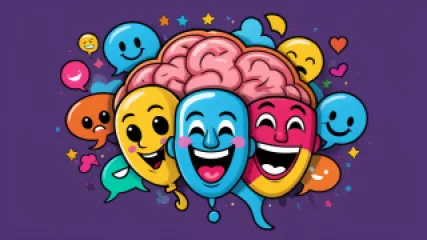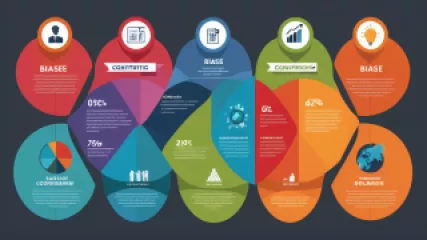Mastering Social Skills: The Ultimate Guide
1 year ago
Social Skills
Survivors' Stories: Overcoming Trauma Through Mental Health Support
1 year ago
Recovering from Trauma
Mastering the Psychology of Humor: A Step-by-Step Guide
1 year ago
Psychology of Humor
Effective Ways to Overcome Depression on Your Own
1 year ago
Depression Self Help
Embracing Change: My Journey with Online Narrative Therapy for Life Transitions
1 year ago
Narrative Therapy
Exploring the Advantages of Volunteer Work: A Research Summary
1 year ago
Volunteering Benefits
Effective Cognitive Dissonance Treatment Techniques
1 year ago
Cognitive Dissonance
The Rise of Holistic Therapy in the Era of Virtual Mental Health Counselors
1 year ago
Holistic Therapy
Why Volunteering is a Mood-Booster
1 year ago
Impact of Volunteering on Mood
Why Clarifying Personal Values is Crucial for Mental Health Support
1 year ago
Personal Values Clarification
Top 10 Resources for Coping with Loneliness
1 year ago
Loneliness
Effective Counseling Strategies for Adolescent Issues
1 year ago
Adolescence Issues














